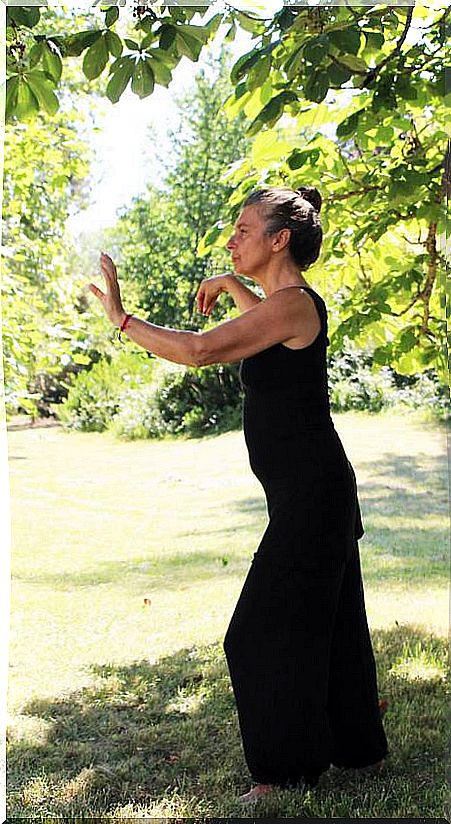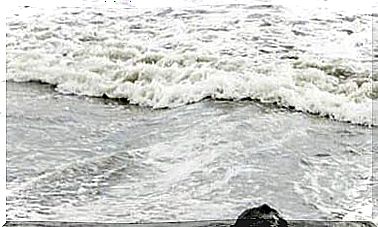Tai Chi Is Effective As Sleep Therapy
Ancient Chinese gymnastics is at least as effective as other types of physical exercise in improving sleep quality, but it also produces many other benefits.

Regular exercise of some kind, such as walking, running, or resistance exercises with weights, machines, and rubber bands, can improve sleep, but Tai Chi, the Chinese gymnastics that promotes meditative attitude and body awareness, is also effective .
An international team of researchers, including specialists from the University of Hong Kong (China), the University of California, Los Angeles (United States) and Concordia University in Montreal (Canada), compared the effects on sleep of conventional exercise, tai chi or the absence of exercise in a group of 320 older adults with insomnia.
Tai Chi improves all sleep parameters
In addition to monitoring subjective data, the researchers followed the sleep patterns of the participants using devices placed on their wrist, they explain in the article published in the prestigious Journal of The American Medical Association.
The exercise and tai chi programs consisted of three one-hour classes per week for three months. Compared with participants who did not exercise, those who did conventional physical activity or Tai Chi showed better parameters in all aspects:
- They fell asleep more easily
- They woke up fewer times during the night
- They spent less time awake in bed
- They relied less on sleeping pills
The study authors chose as tai chi training the “24 posture form”, also called “Peking form” or “simplified 24 movement Yang style form”, which is one of the most practiced. And to teach it to the participants, instructors with at least 5 years of experience were chosen.
In the long term, tai chi is better than conventional exercise
At the end of the study and in the follow-up controls that took place two years later, those who practiced tai chi were more likely to stop suffering from insomnia than those who did conventional exercise.
Other research that covered a total of nearly 1,000 people found that tai chi can improve sleep for adults of all ages, including those who are healthy and those with chronic illnesses.
In this study, participants did one or two tai chi sessions, each lasting 1.5 hours, a week for six months.
What is tai chi?
Tai Chi is an ancient martial art that has been practiced for about 2,000 years. It was originally developed for self-defense, but has evolved into a psychophysical discipline, combining movement, deep breathing, and visualization.
The positions are continuously chained in one continuous movement with very low impact on the muscles and joints.
Specialists consider it a very suitable type of exercise for all people, but especially for older people because it improves flexibility, muscle tone and balance.
What other benefits does tai chi produce?
In a study published in the American Journal of Epidemiology, researchers found that regular participants have a lower death rate.
A study published in the Journal of Rheumatology found that osteoarthritis patients improved their symptoms and balance after practicing Tai Chi for 12 weeks.
Another study, published in PLoS One, showed that tai chi helped improve cardiovascular function in healthy adults.
Additionally, Tai Chi’s combination of movement and meditation provides greater mental clarity. A study published in the Journal of Sport and Health Science proves that tai chi stimulates cognitive function and memory in older adults.
How are the classes?
Although you can try to follow the instructions in a book or a video, nothing better than face-to-face classes in small groups.
Most classes are held in martial arts dojos and gyms, but it is advisable to practice, at least occasionally, outdoors.
In class, the teachers gradually teach the shapes, starting, for example, with the “Beijing shape.” The most advanced practitioners can master 108 sequences of movements.
When a sequence of movements is mastered through repetitions, then the practice can be deepened with a meditative attitude.
Learning Tai Chi is not easy, the movements are complex, and it can be frustrating at first (especially when the novice is compared to advanced practitioners). If the initial obstacles are overcome, then the practice is very pleasant.
Scientific references:
- Parco M. Sui et al. Effects of Tai Chi or Exercise on Sleep in Older Adults With Insomnia. JAMA.









